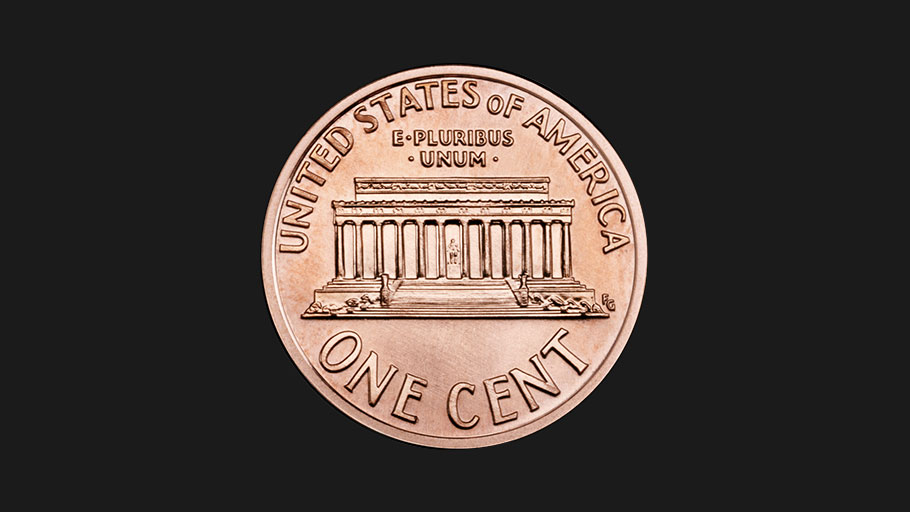
Mohammed Nurhussein, Black Star News — The legacy of Chief Justice Roger B. Taney’s 1857 Dred Scott ruling (and opinion) endures today: “[Black Africans imported as slaves] had for more…

Mohammed Nurhussein, Black Star News — The legacy of Chief Justice Roger B. Taney’s 1857 Dred Scott ruling (and opinion) endures today: “[Black Africans imported as slaves] had for more…
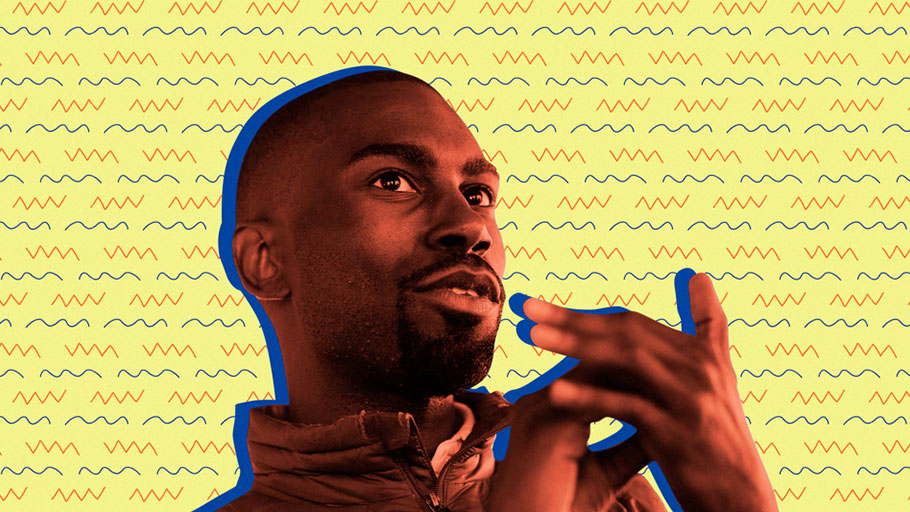
How the activist made a career of social justice. By Lolade Fadulu, The Atlantic — In 2015, DeRay McKesson quit his $110,000-a-year job as a human-resources official at Minneapolis Public Schools and moved to St. Louis, Missouri, to join the second year of protests in Ferguson over the fatal shooting of Michael Brown by a white police officer. Soon afterward, McKesson, along with other activists, launched Campaign Zero, a ten-point plan…
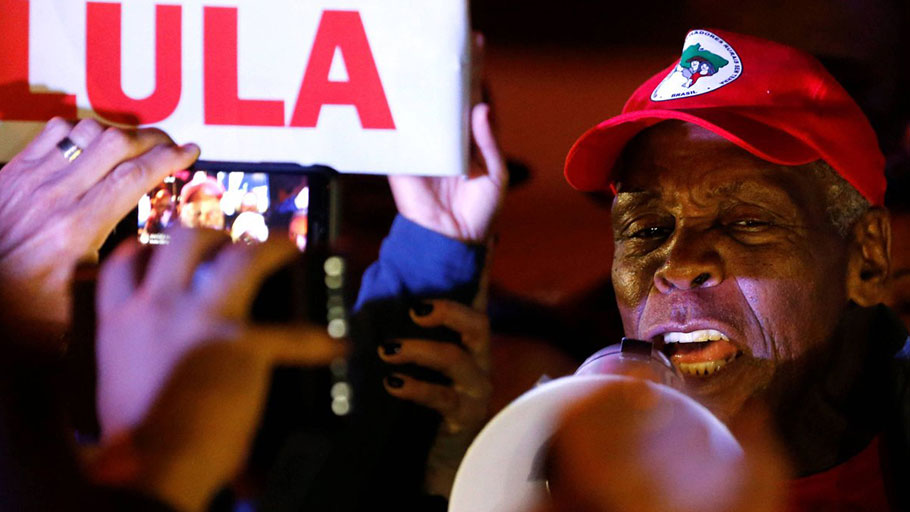
By Telesurtv.net — On Monday, Glover had breakfast with the family of Marielle Franco, the city-council member and LGBT activist murdered in Rio de Janeiro. During a trip to Brazil to show solidarity with popular movements and leaders, actor Danny Glover arrived in Curitiba where former President Luiz Inacio Lula da Silva is currently imprisoned to join occupier protesters at the Free Lula Vigil. The trip comes after the actor, famous for his roles in films like ‘Lethal Weapon’ and for…

By Charles M. Blow, The New York Times — Racist comments don’t hurt my feelings. Not at all. However, I find that people assume that they are hurtful, both the persons spewing them and those empathic about the perceived pain. But I register no such pain. I’m from the Toni Morrison school of morality on the subject of race. As she once told Charlie Rose: “I always knew…

Can divesting from America’s big financial institutions help fix racial inequality? By Kia Gregory — Musa Sega is a street vendor in Harlem, New York. He sells perfumed oils, soap, sage, and other products just outside the Carver Federal Savings Bank building on West 125th Street. About six months ago, frustrated by a string of police shootings and the tenor of politics nationally, Sega decided to pull his money from his…
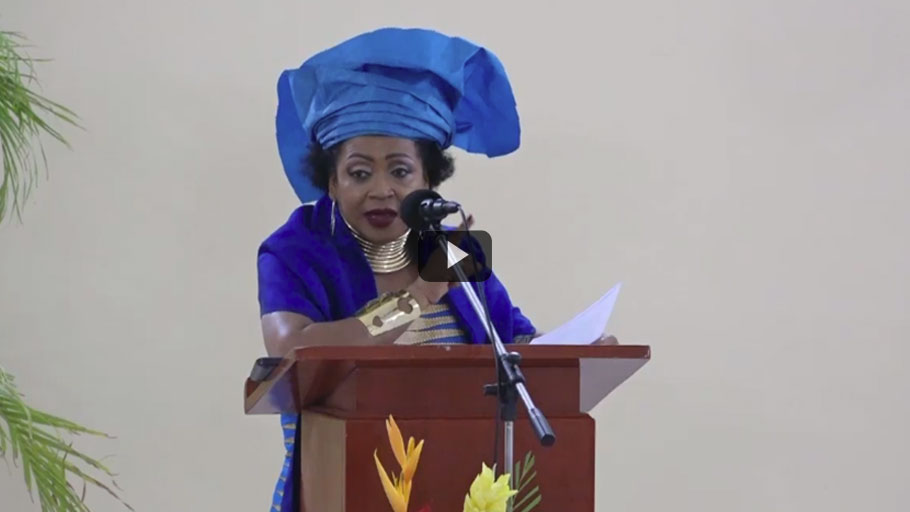
On this episode of Region Talk we feature Third Annual Carol Bristol Distinguished lecture entitled “Get on Board Sisters: Women and the Reparations Movement in the Caribbean” delivered by Prof….
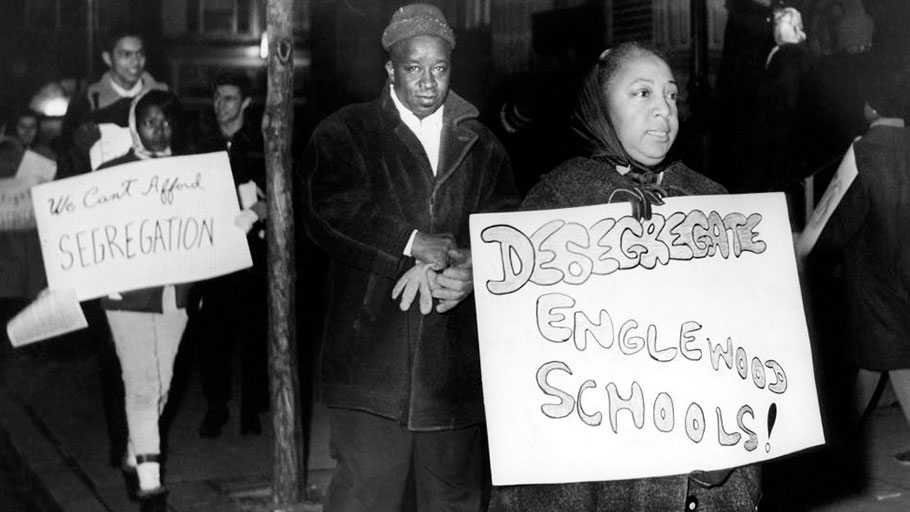
By Ryan Cooper, The Week — If you want to get a good measure of the intense racial segregation of Washington, D.C., just head southeast on the Green Line subway around 5 p.m. Once that train leaves the L’Enfant Plaza station, it will reflect the demographic fact that east of the Anacostia River, the city is overwhelmingly black. This sort of thing is not at all uncommon. Indeed, a recent study…
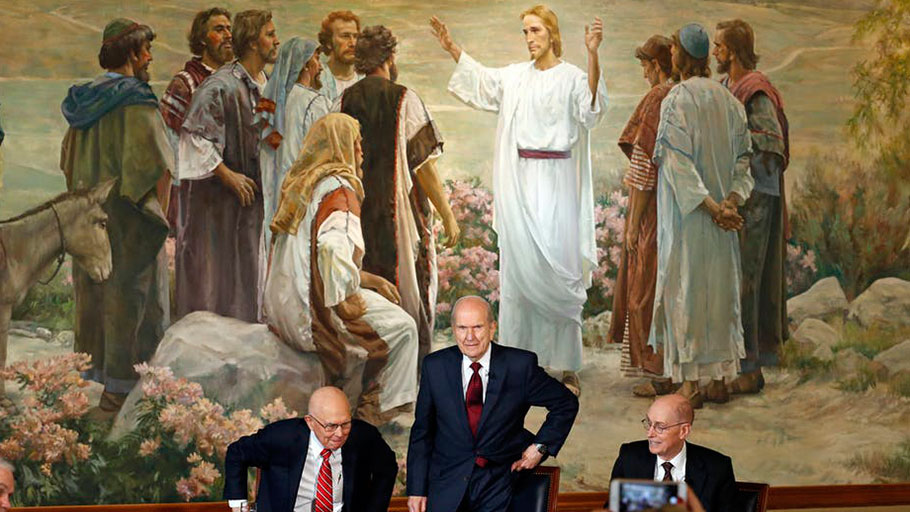
By Matthew Bowman, The Conversation — On June 1 of this year, the Church of Jesus Christ of Latter-day Saints – or the Mormons – will celebrate the 40th anniversary of what they believe to be a revelation from God. This revelation to the then-President of the Church Spencer W. Kimball – which is known as “Official Declaration 2” – reversed longstanding restrictions placed on people of black African descent in the…

Lewis Myers Jr., a famed civil rights attorney and former NAACP deputy director, has died. Myers died Thursday night in a Chicago rehab facility after complications from surgery, the Chicago…

By Eleni Mourdoukoutas — UNITED NATIONS, May 25 2018 (IPS) – Internet penetration is creeping up in Africa, bringing the prospect of digital dividends to a continent long marked by digital divides. “Africa has reached a penetration which has broken the barrier of 15 %, and that’s important,” says Nii Quaynor, a scientist who has played a key role in the introduction and development of the internet throughout Africa. He…
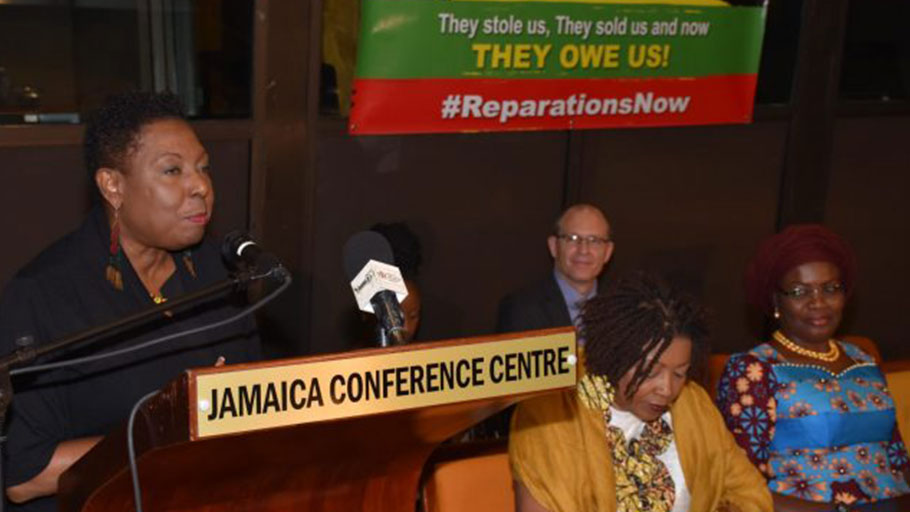
By Ainsworth Morris — Minister of Culture, Gender, Entertainment and Sport, Hon. Olivia Grange, has called on the nation’s youth to get more involved in the activities of the National Council on Reparations in Jamaica. Speaking at a Reparation Youth Conference, hosted by the Council and ‘Talk Up Yout’ at the Jamaica Conference Centre in downtown Kingston on May 25, the Minister said the Movement needs the support of the…

Long noted for its progressive stance on equality, Rwanda is the birthplace of a contest that champions female tech wizards. By Lauren Gambino, The Guardian — After years of women in evening gowns vying for the title of national beauty queen, glamour is giving way to geekery in Rwanda. A group of female tech entrepreneurs decided it was time to ditch Miss Rwanda for a different kind of competition, one that…